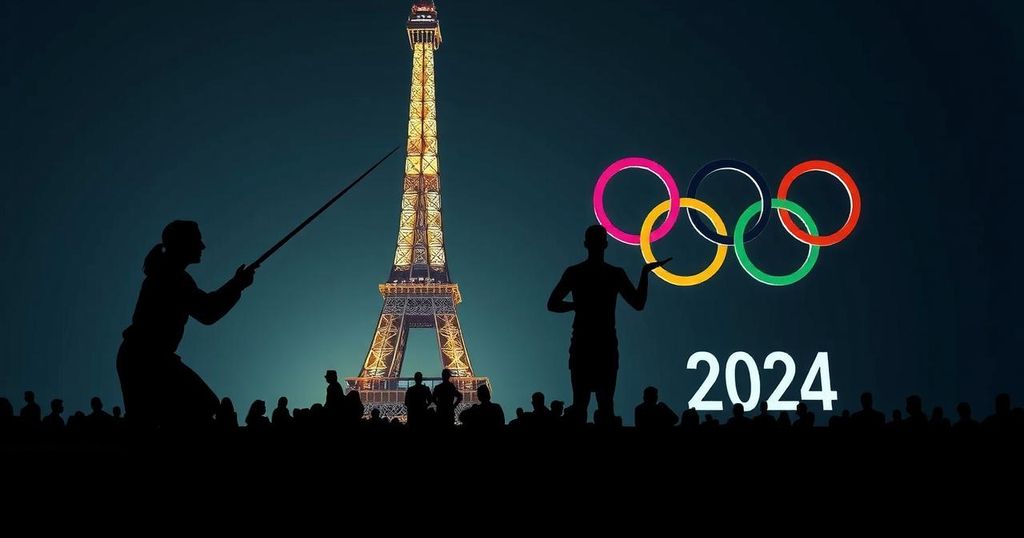The Shadow of Doping Over the Paris 2024 Olympics: An Examination of Integrity in Athletics
The Paris Olympics 2024 have once again brought the issue of doping to the forefront of athletic competition, casting a shadow over the integrity of the games. Bobby Finke’s remarkable achievement in the 1500-meter swimming event, where he set a new world record of 14:30.67, marks the first time since the 1956 Melbourne Games that the United States secured a gold medal in men’s swimming. His victory, however, has reopened discussions within the swimming community regarding the implications of previous doping scandals, particularly those involving athletes such as Sun Yang and the systematic doping practices associated with Russian athletes.
Bronze medalist Daniel Wiffen of Ireland expressed a collective desire within the swimming fraternity for the legacy of doping to be eradicated, especially given the historical context surrounding records set by individuals who have been implicated in doping allegations. Sun Yang, for instance, had faced scrutiny after testing positive for a banned substance in 2014, eventually serving a suspension that raised eyebrows regarding the governance of doping in the sport. With repeated incidents culminating in an eight-year ban, the narrative surrounding Sun Yang reflects a broader concern about the credibility of athletic achievements marred by doping scandals.
In addition to Sun Yang’s case, the United States faced its own admission of doping issues through the revelations of Carl Lewis, who acknowledged his positive test results and suggested that the problem was widespread. Furthermore, the Russian Olympic team has been embroiled in a state-sponsored doping scandal, prompting the World Anti-Doping Agency (WADA) to implement a ban on Russia from major sporting events, underscoring a pervasive challenge in maintaining the integrity of international competition.
At the Paris Olympics, concerns also arose regarding the recent testing of Chinese swimmers, where reports indicated a significant number had tested positive due to contaminated food at a hotel. The swift clearance by WADA of these athletes raised questions about the efficacy and impartiality of doping protocols, leading to further skepticism, particularly surrounding record-breaking performances by Chinese athletes such as Pan Zhanle, whose achievements were met with public doubt.
Sadly, doping does not exist in a vacuum; it is often driven by political, economic, and ethical considerations. Historically, Olympic success has been viewed as a matter of national pride, leading some countries to adopt unethical practices. The East German regime during the Cold War exemplified this, pressuring athletes into dangerous doping regimens that resulted in serious health repercussions.
The financial incentives faced by athletes further complicate the doping dilemma. For instance, while the U.S. Olympic Committee may reward a gold medalist like Bobby Finke with $37,500, athletes from other nations, such as Hong Kong or Israel, stand to gain significantly more, drawing attention to the varying motivations behind athletic performance. These differences highlight the ongoing challenge of maintaining fair competition, despite advancements in drug testing technologies.
In conclusion, while Bobby Finke’s exemplary performance at the Paris Olympics is deserving of celebration, the broader implications of doping within the world of athletics continue to necessitate vigilant oversight and reform to ensure that the pursuit of athletic excellence is achieved through fair and just means. It is imperative that authorities and organizations remain steadfast in their efforts to combat doping, thereby preserving the essence of the Olympic spirit for future generations.








Post Comment